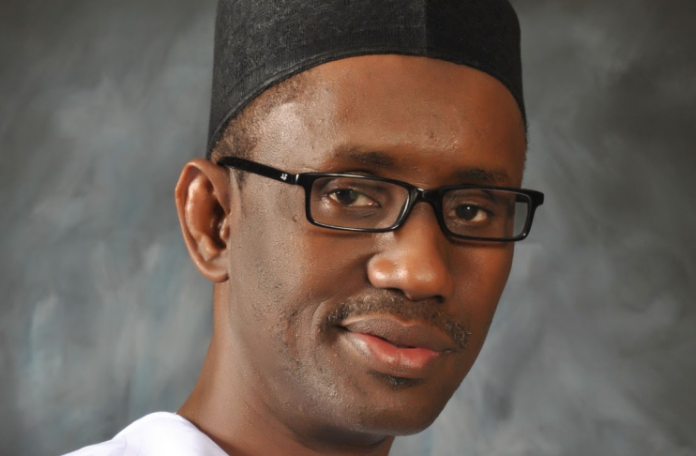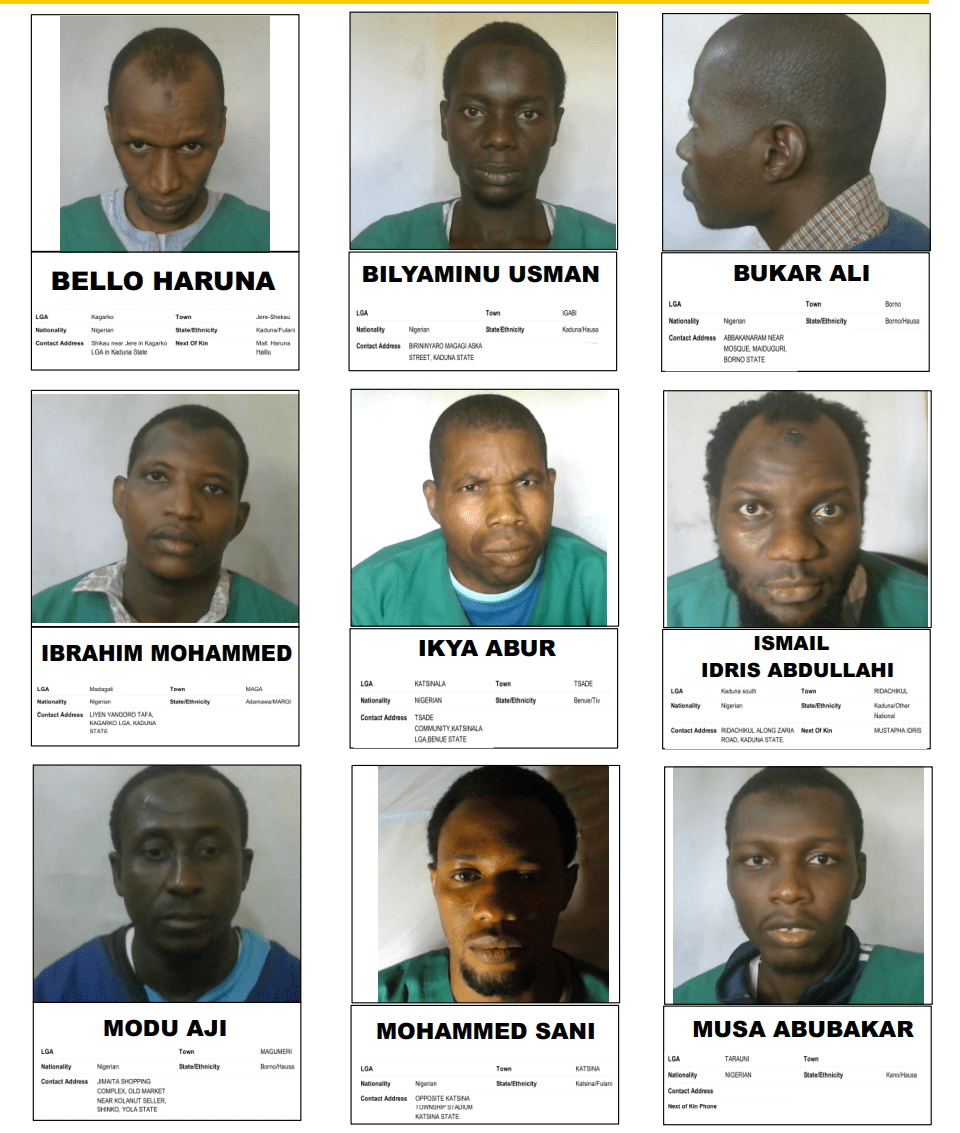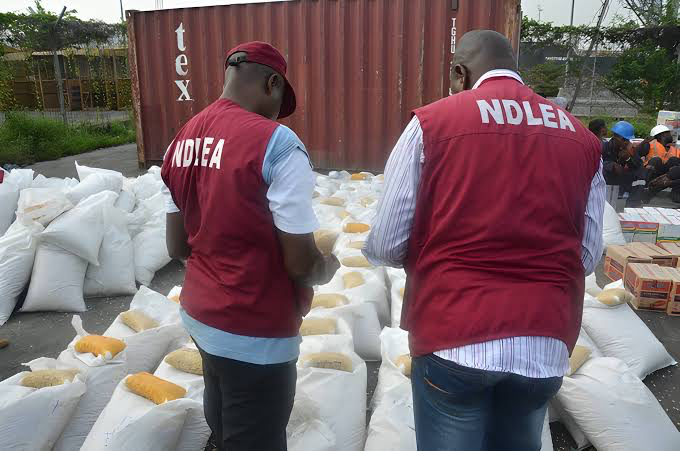FG to Establish Special Security Directorate for Niger Delta, Announces Ribadu
The National Security Adviser, Mallam Nuhu Ribadu, on Wednesday, has revealed plans to establish a specialized directorate focused on Niger Delta security within the Office of the National Security Adviser (ONSA).
Ribadu made the announcement during his keynote address at a Stakeholders Summit organized by the Niger Delta Development Commission (NDDC) in Port Harcourt.
He noted that the new directorate would allow the Federal Government to address the unique security challenges of the Niger Delta in a more structured and professional manner.
“We are currently working closely with the governors of the region and the Presidency in making this a reality.
“When fully implemented, we anticipate that President Tinubu will likely present policy guidance that will define his security management posture for sustainable Niger Delta development,” he said.
He highlighted the significant contribution of the Niger Delta, which accounts for about 75 per cent of the country’s foreign exchange earnings, playing a critical role in Nigeria’s Blue Economy development.
Represented by Mrs Osaretin Grace, a senior adviser in the ONSA, Ribadu underlined the interdependency of Nigeria’s political and socio-economic progress on the stability of the Niger Delta.
“Prior to 2024, Nigeria was allocated a production quota of 1.8 million barrels per day (bpd) by OPEC.
“However, the actual production stands at slightly below 1.4 million bpd, leading to a deficit of 400,000 bpd.
“This shortfall is primarily attributed to socio-economic challenges related to security issues like oil theft, pipeline vandalism, harmful artisanal refining activities, sea piracy and youth militancy,” he added.
The national security adviser expressed Tinubu’s deep concerns over the underperformance of federal agencies in addressing the socio-economic issues, stability, and integration needs of the region.
Ribadu stressed the necessity of introducing a collaborative policy and intervention framework given the country’s failure to meet its crude oil production quota.
“ONSA is presently engaging in consultations, collecting information, and data to assist President Tinubu in prescribing policies and enacting laws to address these issues in a more holistic and coordinated way.
“The policy envisions a string kinetic security approach to deter perpetrators of oil theft, artisanal refining, sea piracy and armed militancy.
“It also seeks to promote a value shift in an ideology, supportive of national harmony and integration,” he noted.
In his opening remarks, the Summit Chairman and Imo Governor, Hope Uzodimma, described the stakeholder’s forum as pivotal for the region’s progress.
Uzodimma, who was represented by his deputy, Chinyere Akimaru, emphasised the necessity of the summit in charting a course towards sustainable regional development.
“NDDC must prioritise environmental sustainability, social responsibility, and economic viability in all regional projects.
“This means investing in renewable energy, protecting natural habitat, and supporting local businesses.
“Efforts should be concerted to combat the poverty and environmental degradation plaguing the region,” Akimaru urged.
Mr Chiedu Ebie, the Chairman of the NDDC Governing Board, stated that the commission has aligned its programmes with Tinubu’s Renewed Hope Agenda.
He noted that the board had embraced a triple ‘T (Transiting from Transaction to Transformation) strategy to actualise its regional mandate effectively.
According to him, the NDDC management was trying hard to change the commission’s imaged tarnished by years of unmet expectations.
“This summit aims to gather insights and contributions from all stakeholders to enable us to meet the aspirations of the Niger Delta people.
“By engaging those directly impacted, knowledgeable, and invested in the region’s growth, we can ensure that our policies and projects are well-informed and receive support,” he pointed out.
Presenting the status update on the Niger Delta, the Managing Director of the NDDC, Dr Samual Ogbuku, said that the management board was focusing on infrastructure, education, economic empowerment, healthcare, and social welfare.
Ogbuku said that the summit’s objectives were geared towards formulating strategies for economic progress, actualising the renewed hope agenda, and articulating a roadmap for sustainable development.



